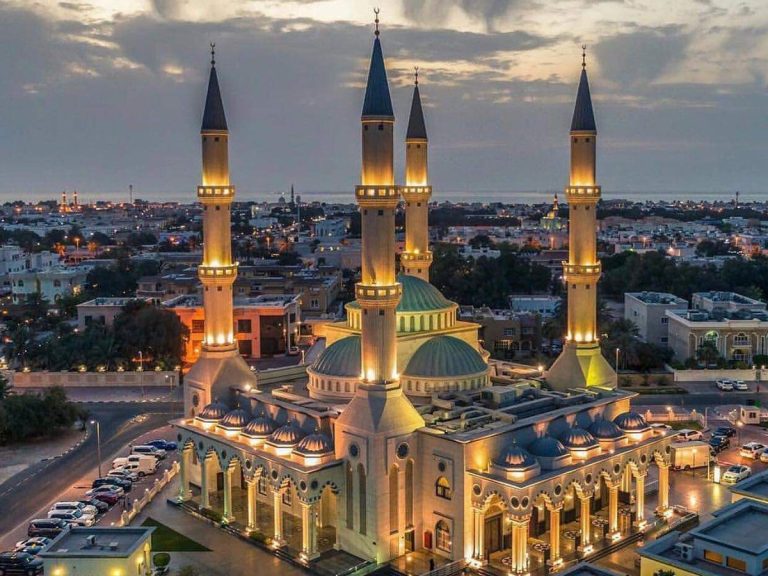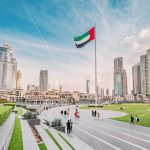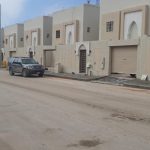Discover the Best Mosques in the UAE: Must-Visit Spiritual Landmarks in Dubai, Abu Dhabi, and Sharjah!

As Ramadan approaches, the UAE transforms into a hub of spiritual activity, with its stunning mosques serving as central points for worship and community gatherings.
From the grandeur of Abu Dhabi’s Sheikh Zayed Grand Mosque to the architectural beauty of Dubai’s Jumeirah Mosque, the UAE is home to some of the most remarkable mosques in the world.
To get job news in UAE, join us on WhatsApp.
1. Sheikh Zayed Grand Mosque, Abu Dhabi

This iconic mosque is not just a place of worship; it’s a masterpiece of modern Islamic architecture. With its 82 domes and over 1,000 columns, it’s a must-visit for anyone looking to experience the richness of Islamic culture.
2. Jumeirah Mosque, Dubai

Known for its stunning white facade and intricate design, the Jumeirah Mosque is one of the few mosques in the UAE open to non-Muslims.
Visitors can join guided tours to learn about Islamic practices and the significance of the mosque.
3. Al Noor Mosque, Sharjah

A beautiful blend of traditional and modern architecture, Al Noor Mosque is situated on the picturesque Al Majaz waterfront. Its serene surroundings make it a perfect spot for reflection and prayer.
Like our Facebook page to get job vacancies in UAE
4. Mohammed Bin Rashid Al Maktoum City Mosque, Dubai

This mosque reflects the UAE’s commitment to cultural inclusivity, featuring contemporary design elements.
Its spacious prayer hall accommodates a large number of worshippers, especially during Ramadan.
5. Al Rahim Mosque, Abu Dhabi

Located in the heart of Abu Dhabi, this mosque is known for its welcoming atmosphere and community-focused activities. It offers a peaceful environment for prayer and reflection.
During Ramadan, these mosques become even more vibrant, hosting special prayers and community events.
Visiting these spiritual landmarks provides a unique opportunity to connect with the rich cultural heritage of the UAE.
Plan your visits and immerse yourself in the spiritual essence of the holy month!
Read more:







